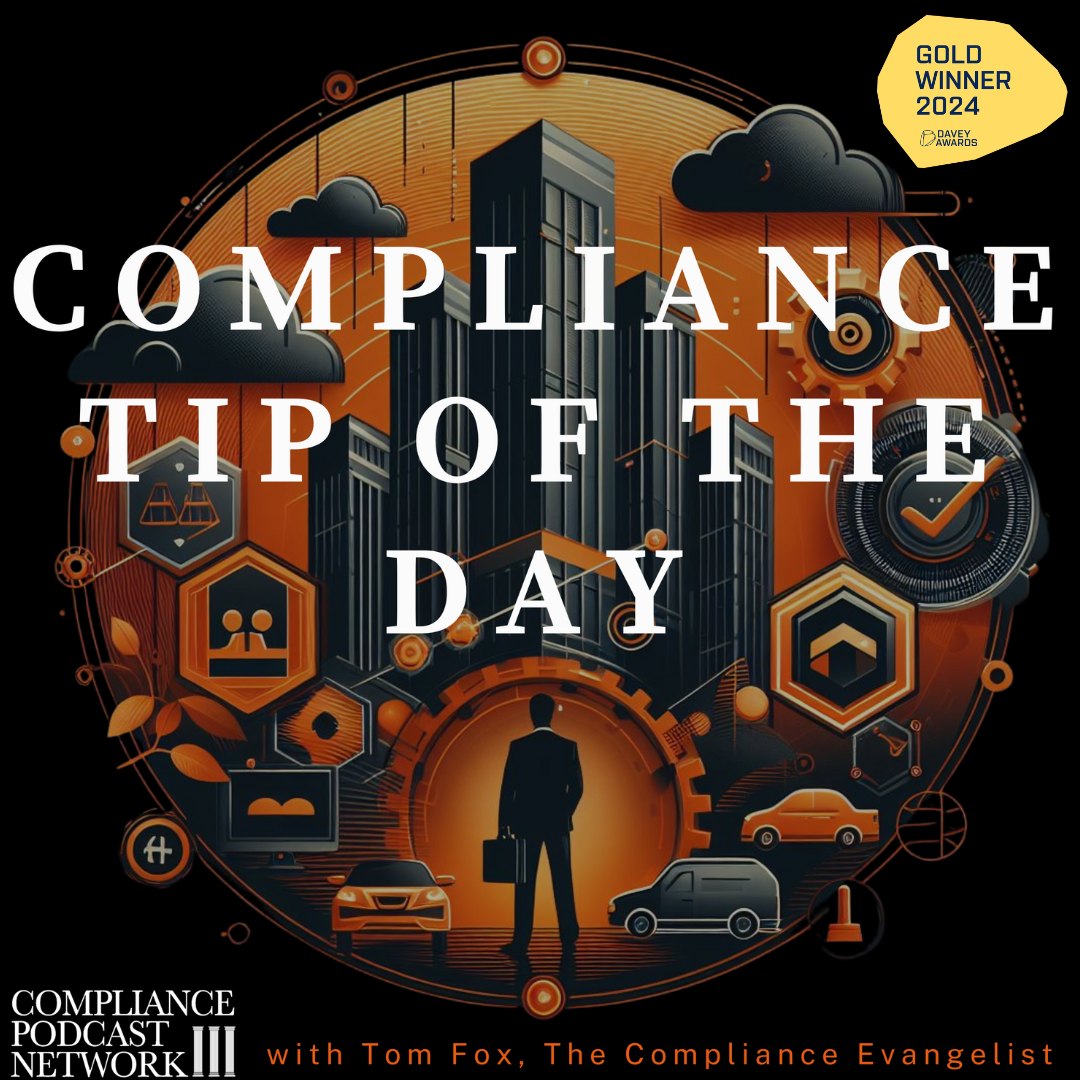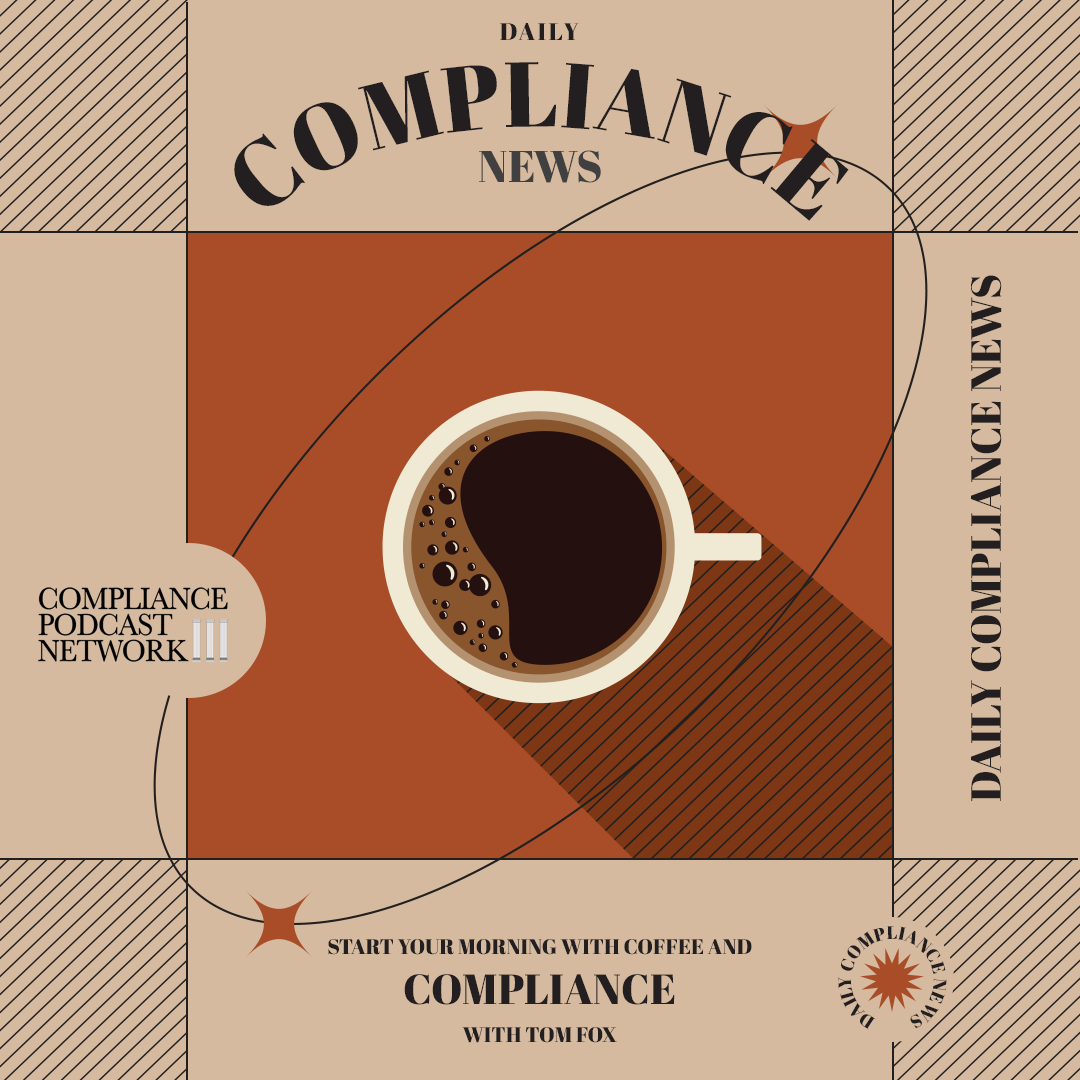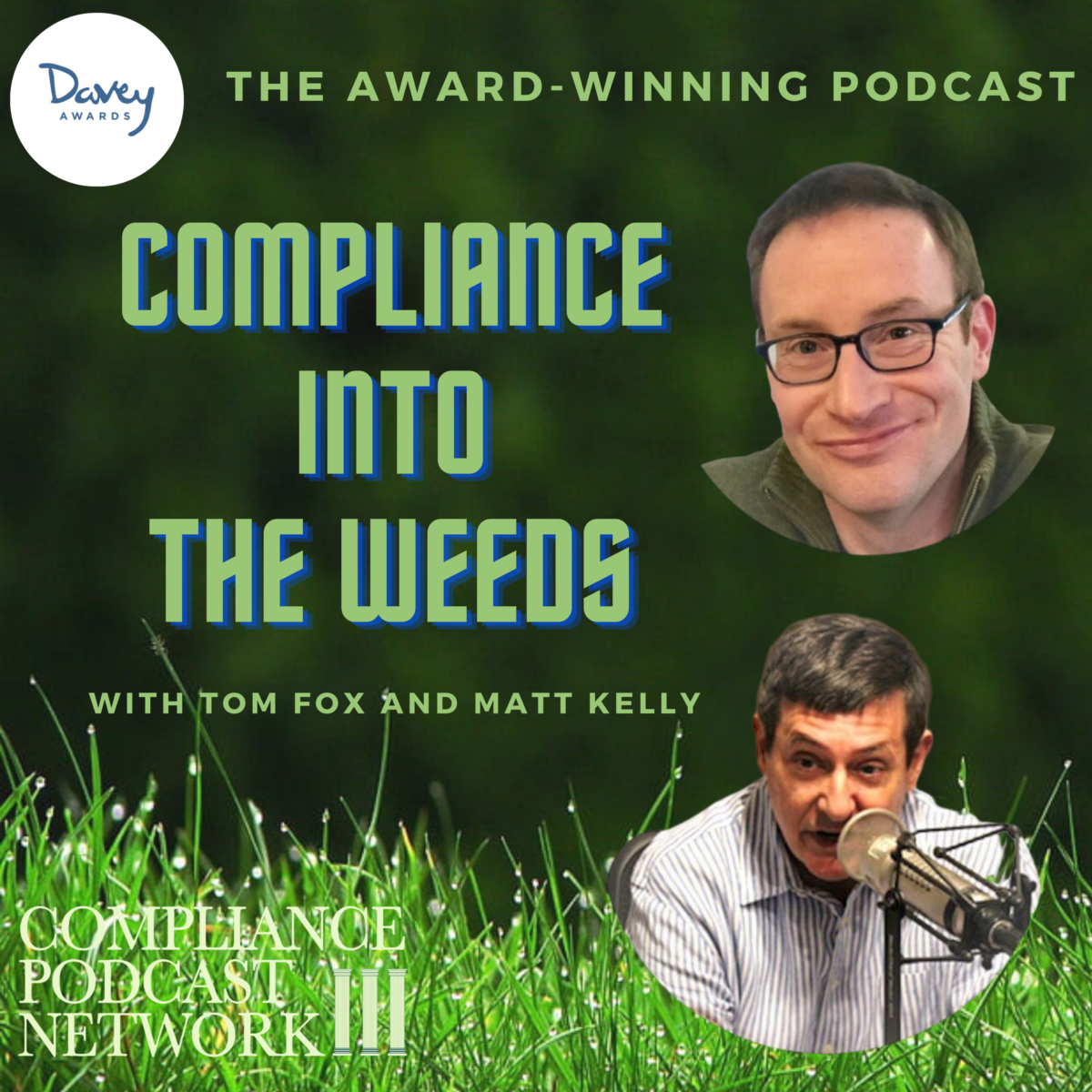In today’s competitive labor market, retaining top talent is more than just a human resources challenge but a compliance priority. This is one insight from the Harvard Business Review article, What Companies Get Wrong About the Employee Experience. In this piece, the authors outline actionable lessons and steps that compliance professionals can integrate to enhance ethical culture, reduce turnover risks, and strengthen compliance outcomes. Here’s how reimagining the employee experience aligns with robust compliance strategies.
The Intersection of Employee Experience and Compliance
The article emphasizes that many organizations must offer gratifying work experiences, leading to attrition and disengagement. For compliance professionals, these failures are alarming. Disengaged employees are less likely to follow compliance protocols, report concerns, or participate in ethical initiatives. High turnover amplifies this risk by disrupting organizational knowledge and weakening cultural consistency.
Every compliance professional understands that a well-designed employee experience fosters trust, transparency, and ethical alignment, all of which are critical for a strong compliance program. The Department of Justice (DOJ) also recognizes this. In the Monaco Memo, the DOJ pointed to corporate culture as a key indicator of an effective, operationalized compliance regime. In the 2024 Evaluation of Corporate Compliance Programs (ECCP), the DOJ further clarified its expectations in this area of compliance.
The Push and Pull of Employee Retention
While it should be discussed more, every corporate compliance function should thoroughly consider this issue of employee retention. The 2024 reiterated the DOJ position that the compliance function is the keeper of both Institutional Fairness and Institutional Justice and from these precepts, it is a clear entry point into compliance. The article identifies two forces driving employee departures and retention.
- Push Factors are negative experiences, such as lack of trust, feeling undervalued, or toxic management. Push Factors can lead to ethical breaches, as disengaged employees may cut corners or fail to report misconduct.
- Pull Factors. These provide employees with opportunities for alignment, flexibility, and personal growth. Pull Factors emphasize the need for a compliance-driven culture that aligns personal values with organizational integrity.
For the compliance professional, you must mitigate push factors by fostering a supportive, ethical environment and amplify pull factors by offering meaningful growth opportunities tied to compliance goals. It all starts with a true culture of speaking up and listening up. If employees feel they can safely speak up with no fear of retaliation and that their concerns will be heard, it can lead to more employee opportunities.
Proactive Compliance Strategies for Employee Engagement
What are some additional strategies for employee engagement? The authors recommend three transformative approaches to improve employee experiences, which also strengthen compliance initiatives:
- Interview Employees Early and Often
Waiting until an exit interview is a missed opportunity. You should interview employees throughout the employment life cycle, from employment interviews and onboarding through the entire employment life. Compliance leaders should adopt proactive listening to understand and address employee concerns about ethical culture and workplace practices. Middle managers should be trained on not only how to accept information through a Speak Up culture but, equally importantly, how to Listen Up.
Another strategy could be to conduct regular “ethical climate surveys” to gauge employee sentiment about compliance. One example is the Culture AuditÔ developed by Sam Silverstein and his Accountability Institute. Whatever tool you might utilize, you should use the insights you obtain to refine training programs and policy enforcement.
- Develop “Shadow” Job Descriptions
Traditional job descriptions often overlook the ethical dimensions of roles. I mentioned above how compliance can work to improve employee engagement as early as the interview process. You can also work to create “shadow” descriptions that highlight compliance responsibilities, ensuring employees understand the ethical expectations tied to their positions. The compliance function can collaborate with HR to embed compliance duties, such as reporting obligations and ethical decision-making, into all job descriptions. You can begin communicating these expectations during the hiring process, then the onboarding process and regular evaluations.
- Collaborate with HR to Align Roles with Progress
Flexibility in role design helps employees see a clear path for ethical growth within the organization, reducing the risk of disengagement. The DOJ has made both financial and non-financial incentives an essential part of every compliance program. This means compliance should partner with HR to create rotational programs that expose employees to compliance-related functions. The clear message at your organization should be that there are ethical leadership opportunities in your company that operate as a pathway to career advancement.
Leveraging Technology to Enhance Compliance and Employee Experience
While most compliance professionals only think about data, advanced analytics, and AI-driven tools in the context of transaction analysis, these tools are transforming how organizations approach employee engagement. For compliance teams, these technologies offer dual benefits. You can use real-time monitoring to track compliance, training participation, and ethical climate indicators. Moreover, analytics, such as sentiment analysis, identify areas of concern or disengagement that may correlate with compliance risks. You should deploy data analytics and AI-based or enhanced tools that flag anomalies in training completion rates or whistleblower program usage, enabling timely interventions.
Building an Ethical Culture Employees Rehire Daily
The bottom line is that you are asking employees to choose to do business ethically and in compliance. Your ultimate goal is to create a workplace where employees actively select daily. Your organization is where compliance is a shared value rather than a mandate. Achieving this requires multiple and continuous steps. One is continuous dialogue to keep communication channels open to reinforce ethical values. When information shows anomalies forming or detected, you should create a targeted action plan to act on feedback to demonstrate commitment to improvement swiftly. Finally, data, key performance indicators, and other transparent metrics should be used to share progress on employee experience and compliance outcomes.
The Compliance-Employee Experience Connection
The employee experience is not just a human resources initiative but a cornerstone of effective compliance. Compliance professionals can build a resilient, ethical workplace by addressing the factors that drive employee satisfaction and retention. This isn’t just about preventing turnover; it is about creating a culture of trust and integrity that empowers employees to champion compliance. By integrating these principles into your compliance strategy, you retain top talent and fortify the ethical foundation that supports sustainable success.
Call to Action
How is your compliance program enhancing the employee experience? It is time to reimagine the intersection of ethics, culture, and engagement to create lasting value for your organization.







